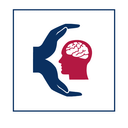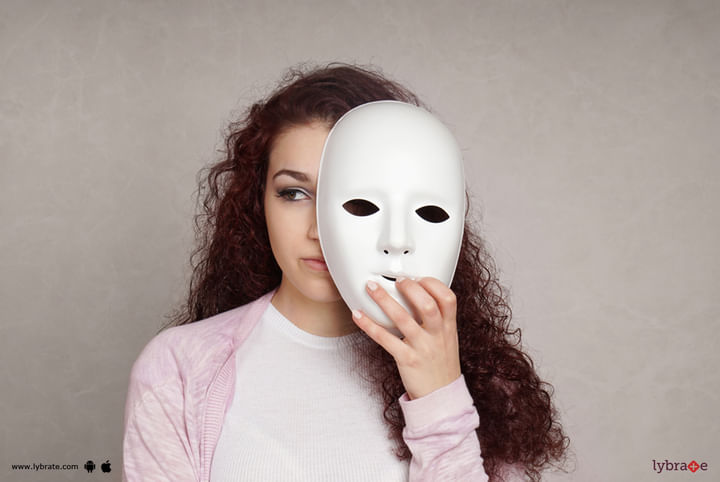Bipolar Disorder - How To Diagnose It?
Bipolar disorder is also known as manic depression. This usually sets in low and high moods in a person along with a change in energy and sleep.
People with bipolar disorder tend to have periodical changes; sometimes they are over happy and other times they might feel sad, depressed and hopeless. Between these changes they are normal. The highs and lows are considered as extreme poles of moods, thus the name bipolar disorder.
Manic term is used when a person with bipolar disorder is highly excited and feels confident. Also, feelings of irritability and recklessness along with irrationality might occur. Some people with mania might have a hallucination that is they see and hear things that are not there, along with delusions.
The term hypomania is used to describe mild symptoms of mania, in which a person does not have hallucinations and delusions and the symptoms do not interfere with their daily life. Similarly, the term depressive is used to describe a person's time when they feel depressed or sad.
Symptoms of Bipolar Disorder
The highs and lows in a bipolar disorder do not follow any set pattern. One might feel manic or depressed for hours or days or weeks, months and even years together before they actually switch to a happy mood. The severity depends on person to person and also changes with time by becoming less or more severe.
Symptoms of mania or the high are extreme excitement, change from being happy to angry and irritable along with restlessness, speech is rapid with low concentration, less sleep and increased energy, high sex drive, grand plans, alcohol and drug abuse and impulsiveness.
Symptoms of low or depressive phase are lethargy, worthlessness, feeling of sadness and hopelessness, lowered concentration, irritability, loss of sleep or excessive sleeping, loss of appetite and suicidal tendencies.
Diagnosis of Bipolar Disorder:
In case someone exhibits symptoms of bipolar disorder, then talking to a psychiatrist or a doctor helps. Doctors ask questions related to the mental illness and the associated concerns. Diagnosis is basically recognizing the symptoms of the person, whether they are due to some underlying cause or mood swings because of excessive alcohol. The symptoms have to be noted and the duration for which they last along with the severity should all be noted. The most obvious symptoms are that of lows and highs in mood and changes in behaviour, energy, sleep and thoughts.
Consulting a doctor or talking to family and friends helps to differentiate the symptoms of bipolar disorder from unipolar disorder.
Treatment:
Medicines which involve mood stabilizers such as lamotrigine, valproate, lithium, carbamazepine and antipsychotics such as olanzapine, quetiapine should be taken. Psychotherapy is also recommended.



+1.svg)
